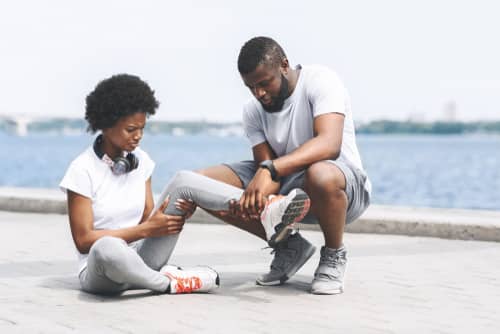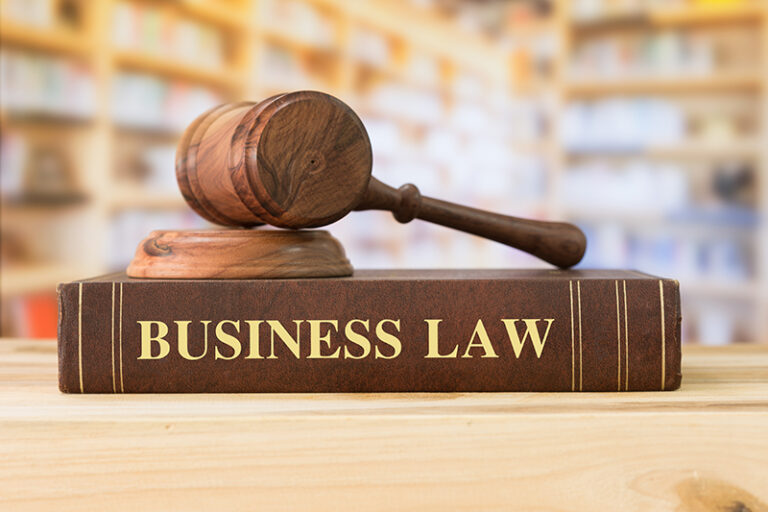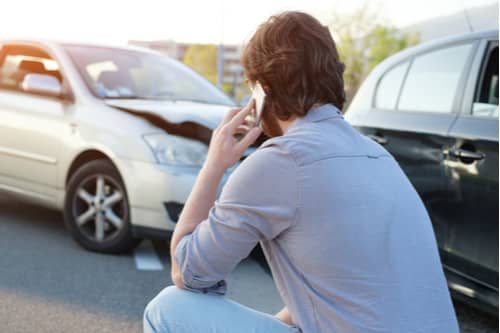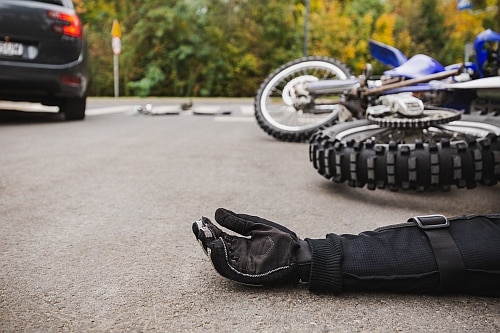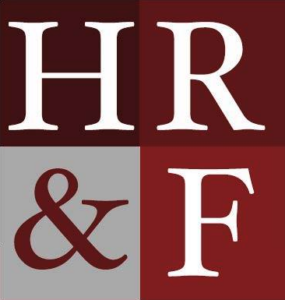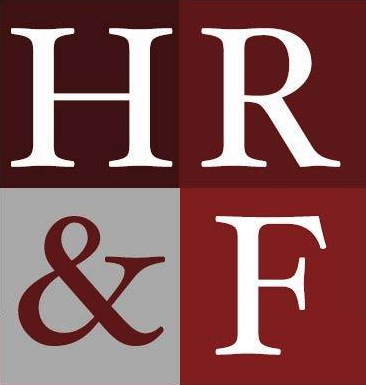Are Drunk Drivers Always at Fault?
Alcohol is a substance that decreases brain activity, affecting the thinking, reasoning, and muscle coordination needed to operate a vehicle safely. Drunk driving is illegal and also puts everyone on the road at risk. According to the National Highway Traffic Safety Administration (NHTSA), every day, about 32 people in the United States die in drunk driving accidents.
So, you might assume that anyone who drives while intoxicated is entirely accountable for any damage caused by an accident. However, drunk drivers are not always at fault for the damages when they are involved in a car accident.
By reading this article, you will learn from auto accident lawyers in Douglasville and get better answers to the question “are drunk drivers always at fault” for a car accident.
Factors That Determine Fault
Establishing fault is the main problem in car accidents. A drunk driver is not always at fault for a car accident, and proving someone was intoxicated doesn’t ensure you win a case. The major cause of the collision may or may not have been their intoxication. Various factors, such as road conditions, actions of other drivers, and mechanical failures, can all play significant roles in an accident.
The Drunk Driver Was Negligent
Negligence plays a pivotal role in determining fault in drunk driving accidents. Drunk drivers often engage in many potentially dangerous behaviors that significantly increase the risk of accidents. These behaviors include:
- Speeding: Drunk drivers may exceed the speed limit, reducing their ability to react to sudden changes in traffic conditions and increasing the severity of any collision that occurs.
- Aggressive Driving: This includes tailgating, making unsafe lane changes, and exhibiting road rage. Such behaviors can provoke other drivers and lead to accidents.
- Ignoring Traffic Rules: Drunk drivers may run red lights, ignore stop signs, or fail to yield the right of way, all of which can cause severe accidents.
- Swerving Over the Road: A drunk driver often struggles to maintain their lane, swerving unpredictably and posing a danger to other vehicles.
- Deliberately Causing an Accident: In extreme cases, a drunk driver might engage in reckless behavior that seems to intentionally cause an accident.
- Coercing Other Drivers: Through road rage or aggressive maneuvers, a drunk driver might force other drivers to take evasive actions that result in a collision.
Establishing Negligence in Drunk Driving Accidents
The drunk driver would be responsible for the crash if they engaged in any of these behaviors. The simple act of driving while intoxicated may result in a criminal conviction, such as a DUI charge, but establishing civil liability requires proving negligence. Here’s how negligence is typically demonstrated in such cases:
- Violation of Traffic Laws: If the drunk driver was found speeding, ignoring traffic signals, or breaking other traffic laws, these violations can be used as evidence of negligence.
- Erratic Driving Patterns: Witnesses and traffic cameras can provide evidence of the drunk driver’s erratic behavior, such as swerving or aggressive driving, indicating a breach of their duty to drive safely.
- Blood Alcohol Content (BAC) Levels: High BAC levels can be strong evidence of impairment, supporting claims of negligence due to the inability to operate the vehicle safely.
- Police Reports: Detailed police reports from the scene often include a police officers observations about the drunk driver’s behavior, results of sobriety tests, and any citations issued, all of which can support a negligence claim.
- Witness Testimonies: Statements from witnesses who observed the drunk driver’s behavior can be crucial in proving that their actions were negligent and directly contributed to the accident.
Consequences of Negligence
If it is proven that the drunk driver’s negligent behavior caused the accident, they can be held liable for damages in a civil action. This includes compensation for:
- Medical Bills: Covering the cost of medical treatment for injuries sustained in the accident.
- Property Damage: Repair or replacement costs for the vehicles involved.
- Lost Wages: Compensation for income lost due to the inability to work after the accident.
- Pain and Suffering: Damages for physical pain and emotional distress caused by the accident.
However, if the drunk driver did not engage in risky or careless driving actions, they might not be held accountable for the accident in a civil action, despite their intoxication. This underscores the importance of a thorough investigation and the need to clearly establish the connection between the driver’s intoxicated state and their negligent actions that led to the collision.
Property Damage or Injuries in the Accident
You must prove that you suffered damages from the drunk driver’s negligence to claim them. Different types of damage are possible.
For example, you can make a property damage claim against that driver’s insurance. You can also get compensated for lost income, medical bills, loss of earning capacity, loss of consortium, etc.

What Should You Do After a Drunk Driving Accident?
Some of the things you must do after a drunk driving accident are:
Take Precautions
Check if other people are injured. Try to get the cars out of the way of the traffic. Alert other drivers to the accident if you cannot move any vehicles or people off the road.
Call 911
Dial 911 to report the accident to the police to get them to the scene to investigate the crash. An officer can check the presence of alcohol on the other driver.
Obtain the Other Driver’s Contact Information
Obtain the other driver’s insurance information and contact details. You may collect the name and contact information of a witness if present. A witness can help you prove your claim in court.
Document the Drunk Driving Incident
Take pictures of the vehicle and your injury if you were hurt. Pictures can serve as evidence to demonstrate the extent of the harm you experienced. After that, you should visit a hospital to ascertain your injuries. Ensure to keep copies of your medical bills.
Contact a Lawyer
You should seek legal assistance after a drunk driving accident. A lawyer familiar with the procedure will help you seek the compensation you deserve and assist you with all the processes.
Auto Accident Lawyers Douglasville Explains Comparative Fault and Partial Fault in a Georgia Drunk Driving Accident
Usually, one driver is not at fault for car accidents. However, occasionally, the accident may have been caused in part by the partial negligence of several drivers.
Given the problems that come with driving under the influence, such as impaired decision-making, it is possible that the drunk driver caused the crash. For example, they may have crossed lanes or forgotten to use a turn signal. These are all elements that can factor in determining fault or partial fault.
Comparative Fault in Georgia
Georgia law applies comparative negligence in these situations to calculate the comparative fault of each driver. According to the concept of comparative fault, both parties may share some of the blame, and the percentage of the fault must be up to 100.
Therefore, comparative negligence might impact the amount of money awarded in a personal injury, wrongful death claim, or lawsuit if an accident victim’s activities led to their injuries.
According to Georgia’s modified comparative fault law, a person injured in a car accident can recover monetary damages if a court finds that the person claiming the injury was no more than 49% at-fault. However, the injured person cannot recover monetary damages if found to be 50% or more responsible for the accident.
The court will decide how much of the accident was the plaintiff’s responsibility if they were partially at fault for causing it. After a verdict, the judge will consider the victim’s share of the blame and deduct that amount from the monetary award of damages. So if you were 20% at fault, you would get only 80% of the sum awarded.
Contact Auto Accident Lawyers Douglasville for Expert Advice
We assist our clients with auto accident cases at Hartley, Rowe & Fowler. We can help you identify potential at-fault parties and determine how to hold them accountable.
You need to know your legal rights if you or a loved one has been subjected to physical harm due to the reckless actions of a drunk driver. Our auto accident lawyers have dealt with situations similar to yours before and can determine the potential value of your claim.
We will ensure that you are protected and compensated for the harm and losses you suffer. Don’t hesitate to contact Douglasville injury attorneys immediately at 678-825-6004 for a free consultation. We work on a contingency basis and are always ready to help you.


